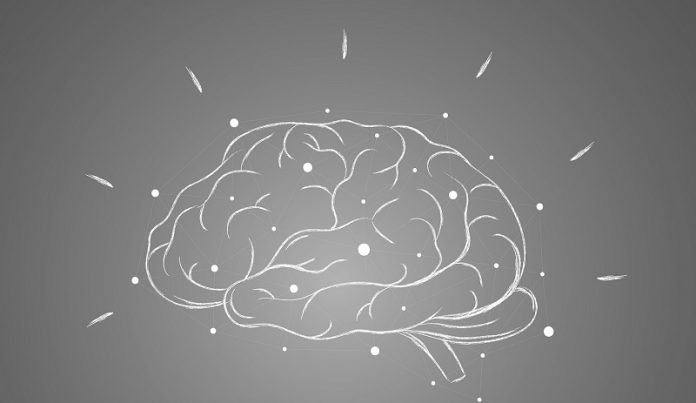
In a study from Karolinska Institute, scientists found that people with reduced kidney function may have an increased risk of developing dementia.
Chronic kidney disease affects approximately 15% of adults in the United States and it is more common as people age.
It occurs when a person’s kidneys progressively lose their ability to filter waste from the blood and eliminate fluids.
However, since many people don’t experience symptoms until later stages, it is estimated that 90% of people with chronic kidney disease don’t know they have it.
Even a mild reduction in kidney function has been linked to an increased risk of heart disease and infections, and there is growing evidence of a relationship between the kidneys and the brain.
In the study, the team used a database to identify nearly 330,000 people 65 years and older and were followed for an average of five years.
None of the participants had dementia or had undergone kidney transplants or dialysis at the start of the study. Over the course of the study 18,983 people, or 6% of participants, were diagnosed with dementia.
Creatinine is a waste product from muscles that are removed from the blood by the kidneys and released into the urine.
Using blood tests of plasma creatinine, researchers estimated how well the blood is filtered by the kidneys in these people.
An estimated filtration rate of 90 milliliters (mL) per minute or higher is considered normal in most healthy people.
The team found as kidney function decreased, the rate of dementia increased.
In people with a normal kidney filtration rate of 90 to 104 mL per minute, there were seven cases of dementia per 1,000 person-years.
In people with severe kidney disease or a filtration rate of less than 30 mL per minute, there were 30 cases of dementia per 1,000 person-years.
The researchers determined that people with filtration rates of 30 to 59 mL per minute, which indicates moderate chronic kidney disease, had a 71% higher risk of developing dementia compared to those with normal kidney function, and people with filtration rates of less than 30 mL per minute had a 162% higher risk.
The team also found that a steeper decline in a person’s filtration rates during this time frame was also associated with a higher risk of a dementia diagnosis later on.
The study identifies chronic kidney disease as a possible risk factor for dementia, however, while it shows an association, it does not prove that it is a cause.
More research is needed to determine the exact reasons for the association.
A limitation of the study was that dementia was identified by clinical diagnoses. Access to participants’ medical records may have helped to identify more cases.
If you care about kidney health, please read studies about how to protect your kidneys from diabetes, and common health problems people with kidney disease can develop.
For more information about kidney health, please see recent studies about best and worst diets for diabetic kidney disease you need to know, and results showing how to live long with kidney disease.
The study was conducted by Hong Xu et al and published in Neurology.
Copyright © 2022 Knowridge Science Report. All rights reserved.



